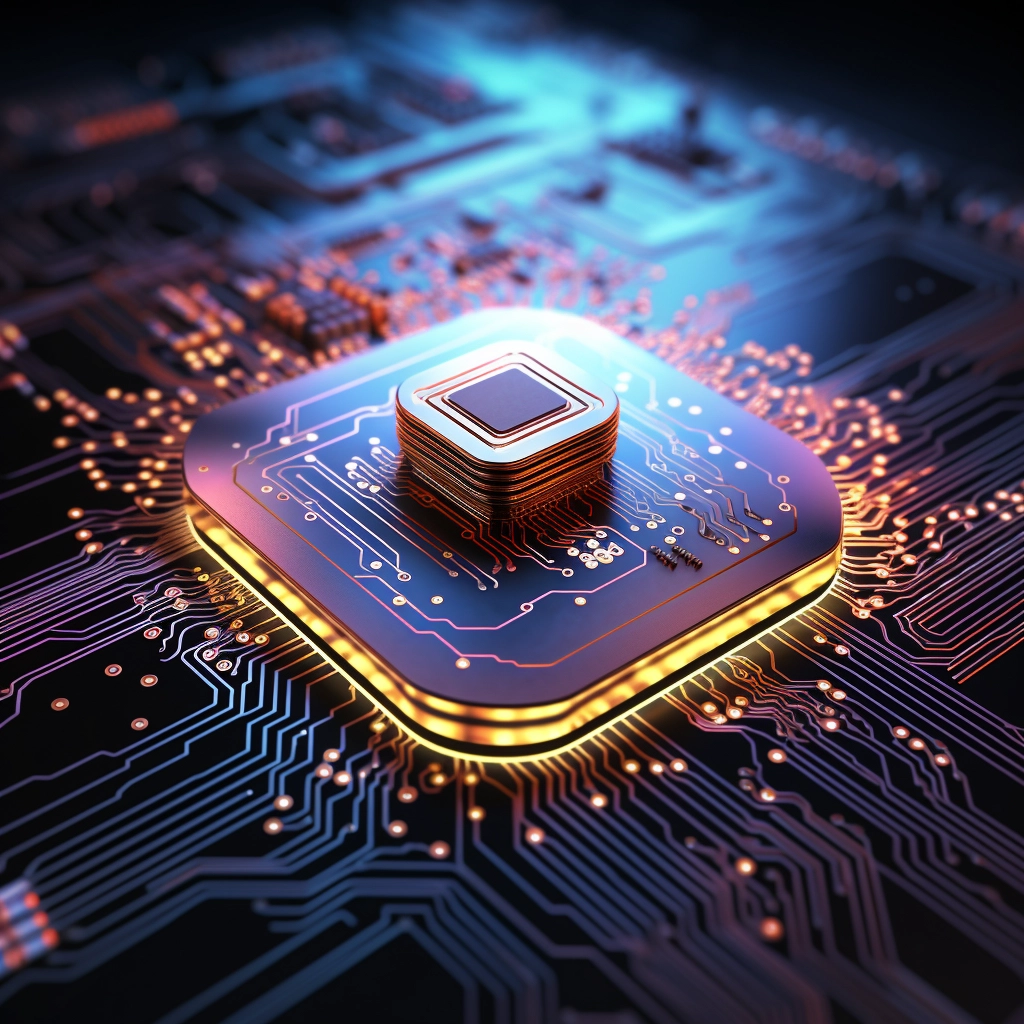OpenAI, the company behind ChatGPT, is reportedly considering developing its own artificial intelligence (AI) chips and potentially acquiring a chip company, according to sources familiar with the matter. The shortage of expensive AI chips has been a concern for OpenAI, which relies heavily on these chips for its AI applications. CEO Sam Altman has identified the scarcity of graphics processing units (GPUs) as a major roadblock, as Nvidia currently dominates the market for these chips.
The need for more AI chips stems from two key challenges faced by OpenAI. Firstly, there is a shortage of advanced processors that power the company's software. Secondly, running the hardware necessary to support its AI efforts and products comes with "eye-watering" costs. OpenAI has been using a massive supercomputer built by Microsoft that utilizes 10,000 Nvidia GPUs to develop its generative AI technologies.
However, the expenses associated with running ChatGPT are significant. Each query costs around 4 cents, and if ChatGPT queries were to reach a scale one-tenth that of Google search, it would require billions of dollars' worth of GPUs annually to keep operational. In light of these challenges, OpenAI is exploring various options, including building its own AI chips, collaborating more closely with chipmakers like Nvidia, and diversifying its suppliers beyond Nvidia.
While it remains unclear whether OpenAI will ultimately decide to develop its own custom chip, doing so would put the company in the league of tech giants like Google and Amazon, who have already ventured into designing their own chips. However, building a custom chip would be a significant strategic initiative and a substantial investment, potentially amounting to hundreds of millions of dollars per year. Even if OpenAI were to commit resources to this endeavor, success is not guaranteed.
Alternatively, OpenAI has also considered acquiring a chip company to expedite the development of its own chip, similar to Amazon's acquisition of Annapurna Labs in 2015. However, the specific company that OpenAI may have examined for acquisition remains undisclosed.
Despite potential plans for a custom chip or an acquisition, it is anticipated that OpenAI will remain dependent on commercial providers like Nvidia and Advanced Micro Devices (AMD) in the interim. Building their own processors has proved challenging for some tech companies, as evidenced by Meta's custom chip efforts, which encountered issues and necessitated the development of a newer chip to support various AI workloads.
Demand for specialized AI chips has surged since the launch of ChatGPT, as these dedicated chips are essential for training and running the latest generative AI technology. Nvidia currently dominates the market, with limited alternatives available from other chipmakers.
OpenAI's main backer, Microsoft, is also reportedly developing a custom AI chip for testing purposes, signaling a potential shift in the relationship between the two companies.
While the shortage of AI chips poses a significant challenge for OpenAI, the exploration of options such as developing custom chips or acquiring a chip company demonstrates the company's commitment to addressing this issue and ensuring the sustainability of its AI applications.
